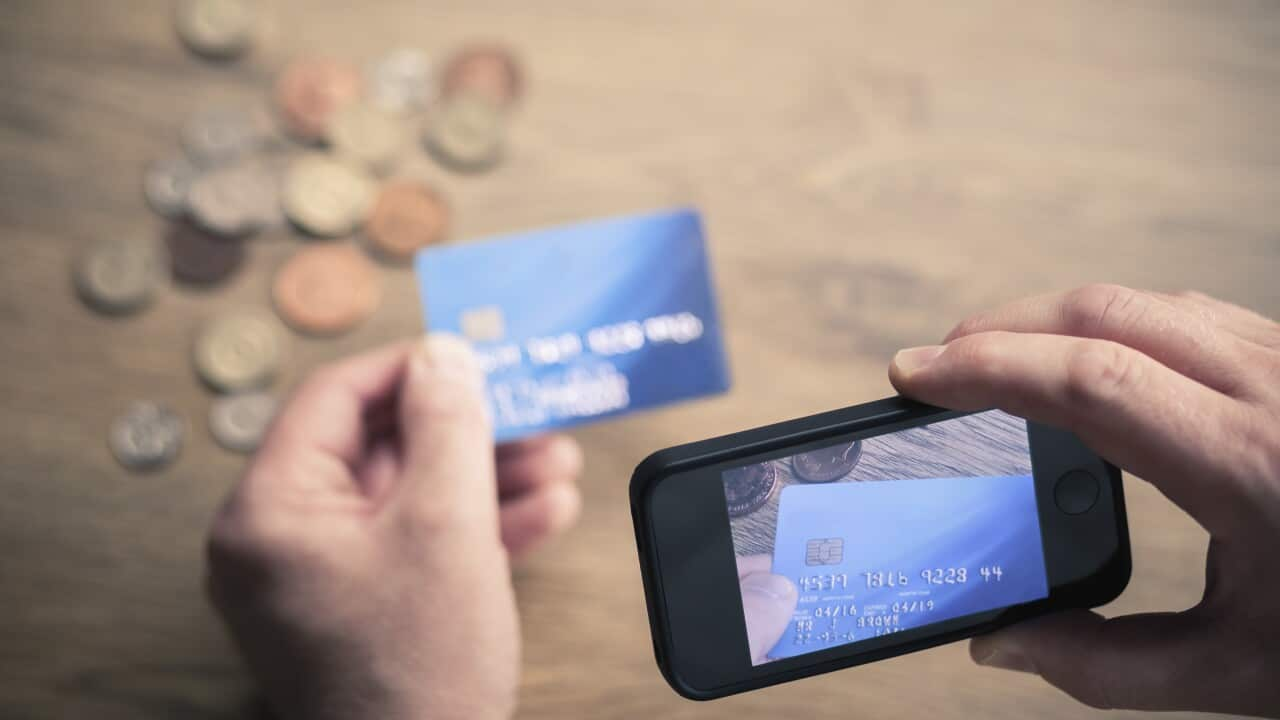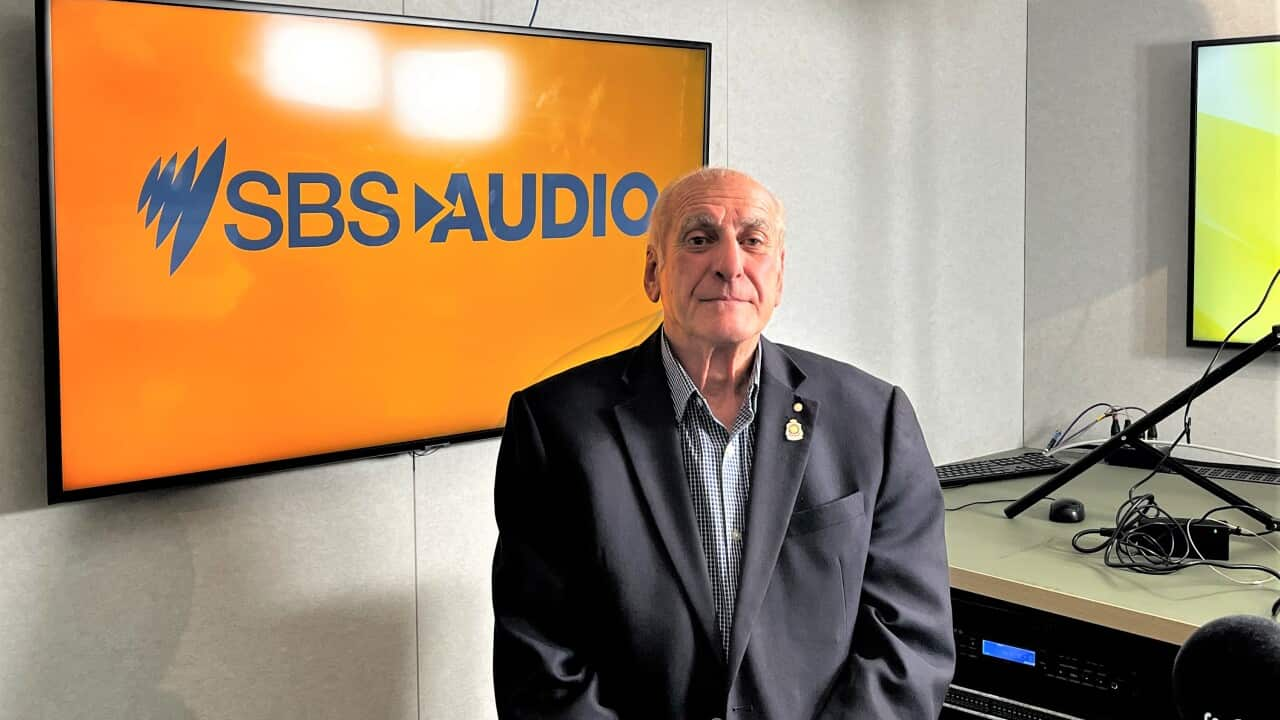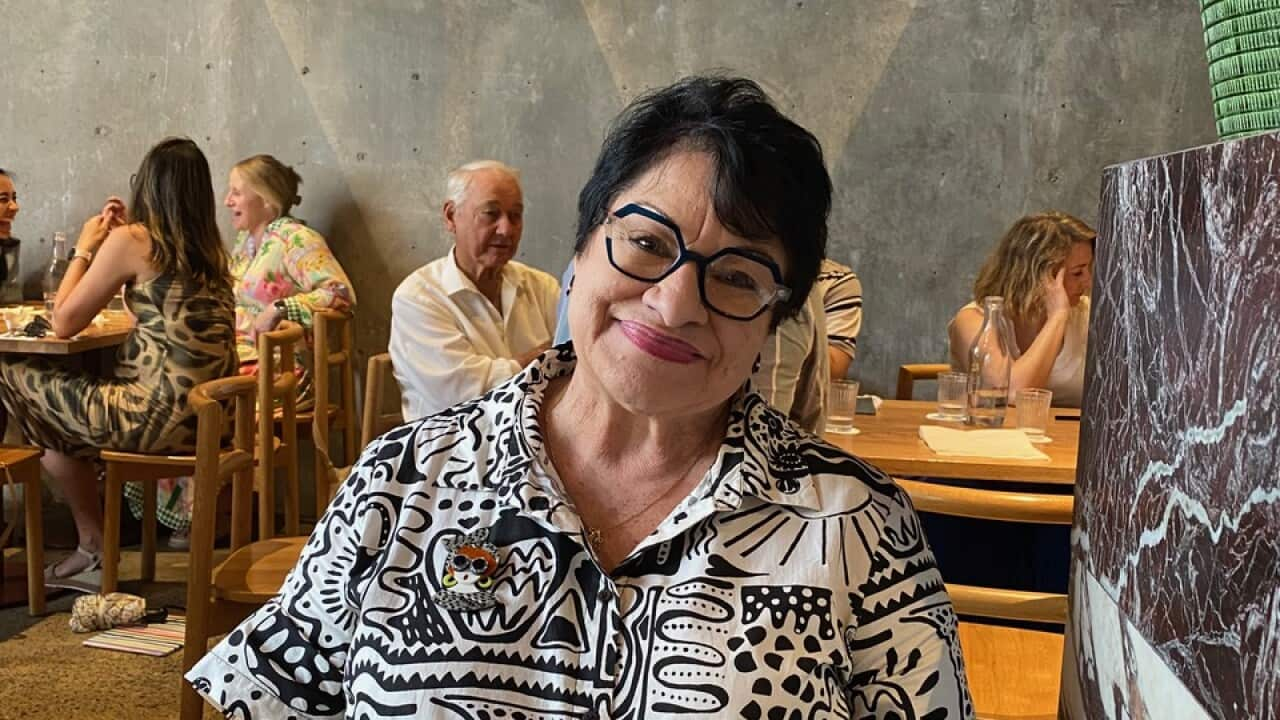The coronavirus pandemic has forced Australians to adjust many areas of their lives, particularly in the digital space.
This may include working from home or increased use of technological platforms.
A new report has found that Australians' online behaviour has changed dramatically, due to having lived through a lockdown period.
This means people can become more vulnerable to fraudsters.
"We are really seeing scammers taking advantage of COVID-19. They realise that people are at home, they are online more, they are stressed and that people have big financial issues. They are taking advantage of the fact that the Government is out there putting in place programs to help people’’ said Delia Rickard from the Australian Competition and Consumer Commission (ACCC).
This week is National Scams Awareness Week. The ACCC estimates Australians have lost $91 million to scams in 2020. $22 million worth has been scammed specifically to identity theft.
One victim in particular lost $62,000 from an account in her name, while another victim lost $181,000 via a dating website.
Private investigator Julia Robson says she has seen a surge in clients ripped off through romance scams.
"So the benefit with COVID is there is no reason to meet in person. That is the biggest draw card for them because it allows them to go through that grooming process. During that grooming process then the request for money can come out, then the promises of starting a new life. All of that combined genuinely means at some point you are going to be deprived of your money" said Mrs Robson.
That's what happened to Jan Marshall. Within 5 weeks she was engaged and defrauded of more than $200,000 dollars.
"They make it feel very special and they say things in the ideal of romantic love we expect to hear but mostly in our day to day relationships we don't hear. That is why it is so powerful because it is really triggering into that part of us, which wants to have a soulmate, which wants to have somebody who is there totally for us, and thinks that we are absolutely special" she said.

Mohammad El-Khafaji is the chief Executive of the Federation of Ethnic Communities Councils of Australia, widely known as FECCA.
He says people from culturally and linguistically diverse communities (CALD) are targeted because they can be more vulnerable.
‘’On top of the language barrier there is a lack of understanding of how systems work. When you get an email that pretends to be the department oh home affairs and asks you for money otherwise you will be arrested, that fear will kick in. All logic will go out the window’’ said Mr El-Khafaji.
‘’It is really important for us to educate our community around what is normal and what looks like a scam. We need to equip the community to be able to help the wider members of our community for when they need help."
New data shows identity theft has jumped 55% this year.
Fraudsters are trying to get everything including superannuation details, bank account numbers, driver’s licences and Medicare card numbers in order to get 100 points of identification, enough to take out a credit card in another name or open a bank account.
Phishing scams are also up 44% since the coronavirus pandemic began. Phishing is a form of fraud where scammers pretend to be a representative from a government agency and contact you by call, text or email.
Experts are warning Australians NOT to click the link sent your device, instead to report it. If you think you've been targeted, you can report it to ScamWatch.
You can stay up to date on coronavirus in your language at sbs.com.au/coronavirus






